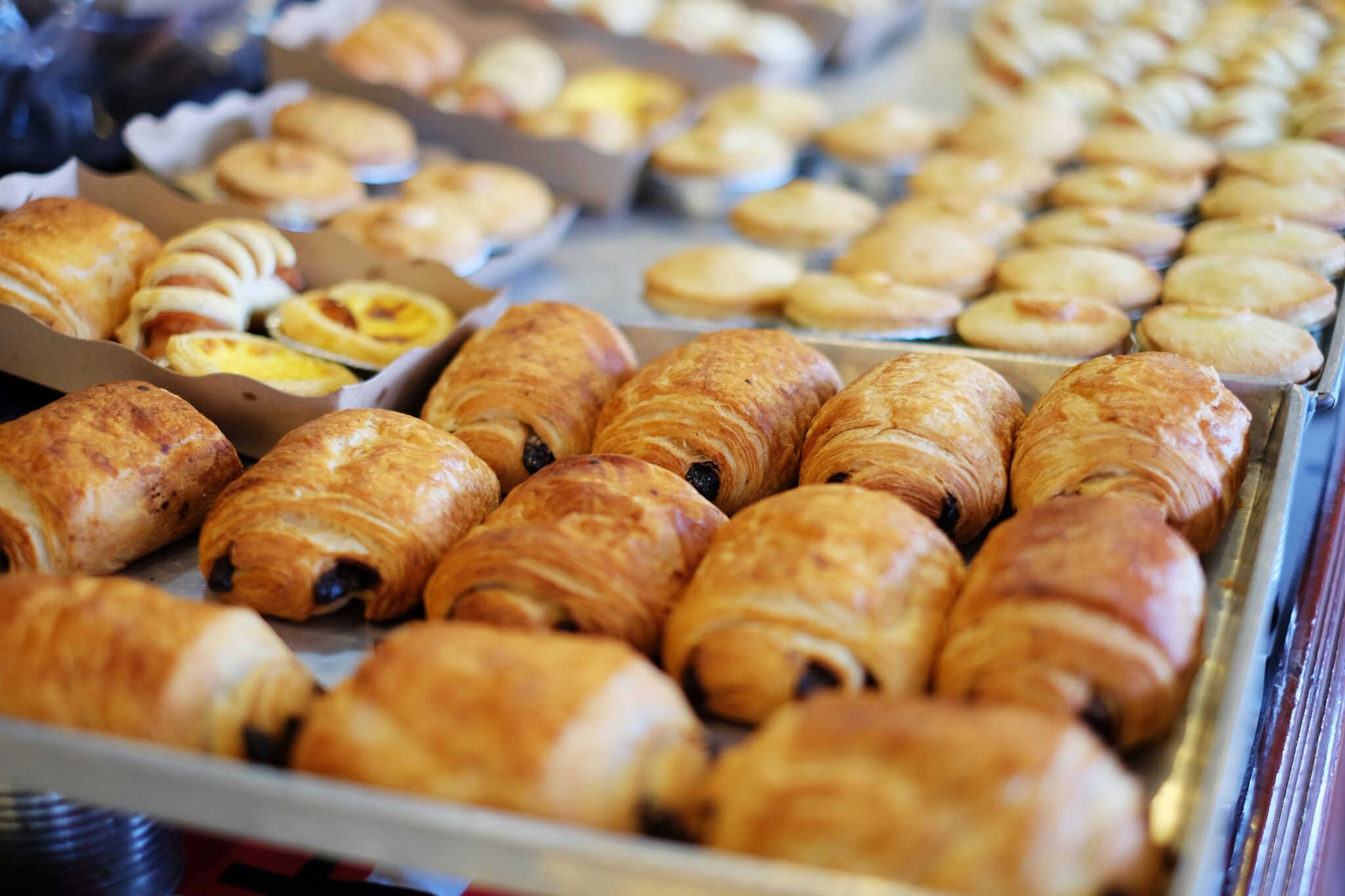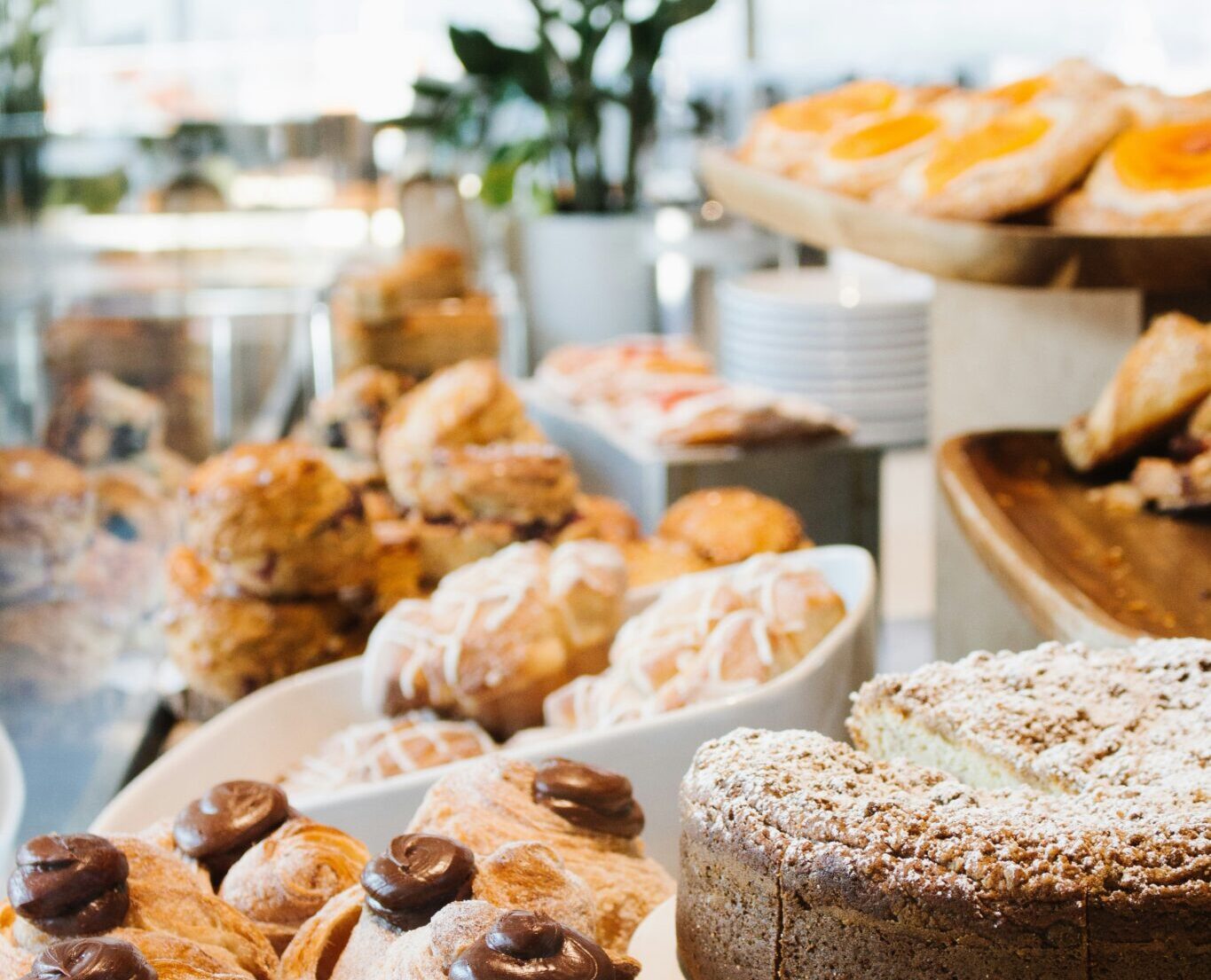Eco-Friendly Bakery Packaging: Benefits of Biodegradable and Compostable Solutions

Environmental awareness continues to grow around the world, and businesses are increasingly adopting sustainable practices to meet the demands of their customers. For bakeries, choosing eco-friendly packaging can significantly impact waste reduction, carbon footprint, and overall sustainability. The simple change to biodegradable materials can impact customer loyalty, leading to more returning patrons. There are numerous advantages of bakeries using biodegradable packaging.
Understanding Biodegradable and Compostable Packaging
Before diving into the benefits, it’s essential to understand the difference between biodegradable and compostable packaging. Both terms refer to materials that break down over time, but there are distinct differences:
- Biodegradable Packaging: Materials that decompose naturally through microbial activity, breaking down into water, carbon dioxide, and biomass. However, the process can vary in duration and may not always result in environmentally beneficial byproducts.
- Compostable Packaging: A subset of biodegradable materials that break down under specific composting conditions, turning into nutrient-rich compost within a set timeframe. Compostable packaging typically decomposes more quickly and leaves behind beneficial nutrients that enhance soil health.
Environmental Benefits of Biodegradable and Compostable Packaging
1. Reducing Landfill Waste
One of the most significant benefits of using biodegradable and compostable packaging is the reduction in landfill waste. Traditional plastic packaging can take hundreds of years to decompose, occupying valuable landfill space and contributing to pollution. In contrast, biodegradable and compostable materials break down much faster, significantly reducing the volume of waste sent to landfills. Plastic waste can often be recycled, but recycling packaging still uses up natural resources. Therefore, having material that breaks down over time could also reduce our dependence on natural resources.
2. Lowering Carbon Footprint
The production and disposal of traditional plastics generate substantial greenhouse gas emissions, contributing to climate change. Biodegradable and compostable packaging solutions often have a lower carbon footprint due to their production from renewable resources and their ability to decompose naturally. For instance, packaging made from plant-based materials such as corn starch or sugarcane has a smaller environmental impact compared to petroleum-based plastics.
3. Promoting Soil Health
Compostable packaging reduces waste and returns valuable nutrients to the soil. When compostable materials break down, they create compost that enriches the soil, promoting healthy plant growth and reducing the need for chemical fertilisers. This process supports a circular economy where waste materials are repurposed into valuable resources, enhancing overall sustainability.
4. Minimizing Ocean Pollution
Ocean plastic pollution is a critical environmental issue, harming marine life and ecosystems. Biodegradable and compostable packaging reduces the risk of ocean pollution as these materials break down more quickly and safely than traditional plastics. By opting for compostable packaging, bakeries can help protect marine environments and contribute to cleaner oceans.
Business Benefits of Eco-Friendly Packaging
Attracting Environmentally Conscious Consumers
Consumers are increasingly making purchasing decisions based on a company’s environmental practices. By adopting eco-friendly packaging, bakeries can attract and retain environmentally conscious customers. Packaging labelled as biodegradable or compostable signals a commitment to sustainability, which can enhance brand loyalty and boost sales.
Enhancing Brand Image
Using eco-friendly packaging solutions such as TIPA Compostable packaging can enhance a bakery’s brand image. Customers appreciate businesses that take tangible steps to reduce their environmental impact. Eco-friendly packaging can differentiate a bakery from its competitors, positioning it as a responsible and forward-thinking brand.
Meeting Regulatory Requirements
As governments worldwide implement stricter regulations on plastic use and waste management, businesses need to comply with these standards. Adopting biodegradable and compostable packaging helps bakeries stay ahead of regulatory changes, avoid potential fines, and ensure continued operation within legal frameworks.
Selecting the Right Eco-Friendly Packaging
When choosing eco-friendly packaging for a bakery, several factors should be considered:
1. Material Quality and Freshness
Eco-friendly packaging should maintain the freshness and quality of baked goods. Compostable materials such as PLA (polylactic acid) and paper-based products provide excellent barrier properties, keeping products fresh and environmentally friendly. It’s essential to select packaging that meets the specific needs of the bakery’s products, whether for moisture resistance or durability.
2. Cost-Effectiveness
While eco-friendly packaging can be more expensive than traditional options, the long-term benefits often outweigh the costs. Consider the overall value, including potential increases in customer loyalty, brand reputation, and compliance with regulations. Bulk purchasing and working with reputable suppliers can also help manage costs.
3. Certifications and Standards
Look for certifications such as ASTM D6400 or EN 13432, which indicate that the packaging meets recognized composability standards. These certifications ensure that the materials will break down effectively in industrial composting facilities, providing confidence in their environmental benefits.
Examples of Eco-Friendly Packaging Solutions
1. Compostable Bakery Boxes
Compostable bakery boxes made from recycled cardboard or paperboard are ideal for cakes, pastries, and other baked goods. These boxes can be lined with compostable films to enhance durability and moisture resistance. Many suppliers offer customizable options to fit various product sizes and branding needs.
2. Compostable Bags and Wrappers
Compostable bags and wrappers made from PLA or cellulose are perfect for cookies, bread, and other items. These materials offer excellent clarity and barrier properties, keeping products fresh and fully compostable. They are a versatile option for packaging a wide range of bakery products.
3. Biodegradable Cutlery and Accessories
For bakeries offering takeaway options, biodegradable cutlery, and accessories are essential. Products made from materials like bamboo, cornstarch, or wheat straw provide a sustainable alternative to single-use plastics. These items are durable, functional, and fully biodegradable, reducing environmental impact.
Conclusion

Eco-friendly bakery packaging offers numerous benefits for both the environment and businesses. By reducing landfill waste, lowering carbon footprints, promoting soil health, and minimizing ocean pollution, biodegradable and compostable packaging solutions contribute to a more sustainable future. For bakeries, adopting eco-friendly packaging can attract environmentally conscious consumers, enhance brand image, and ensure compliance with evolving regulations.
Choosing the right packaging involves considering material quality, cost-effectiveness, and certifications. With the increasing availability of products like TIPA Compostable packaging, bakeries have access to a wide range of sustainable options that maintain the freshness and quality of baked goods while supporting environmental goals. Embracing these solutions not only helps the planet but also positions bakeries as leaders in the growing movement towards sustainability.
This article has been published in accordance with Socialnomics disclosure policy.









